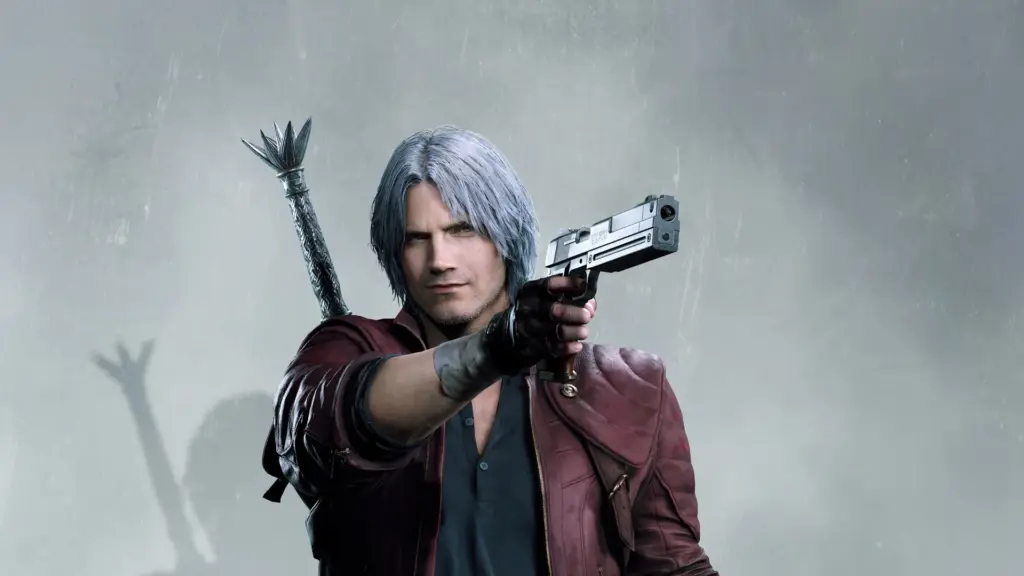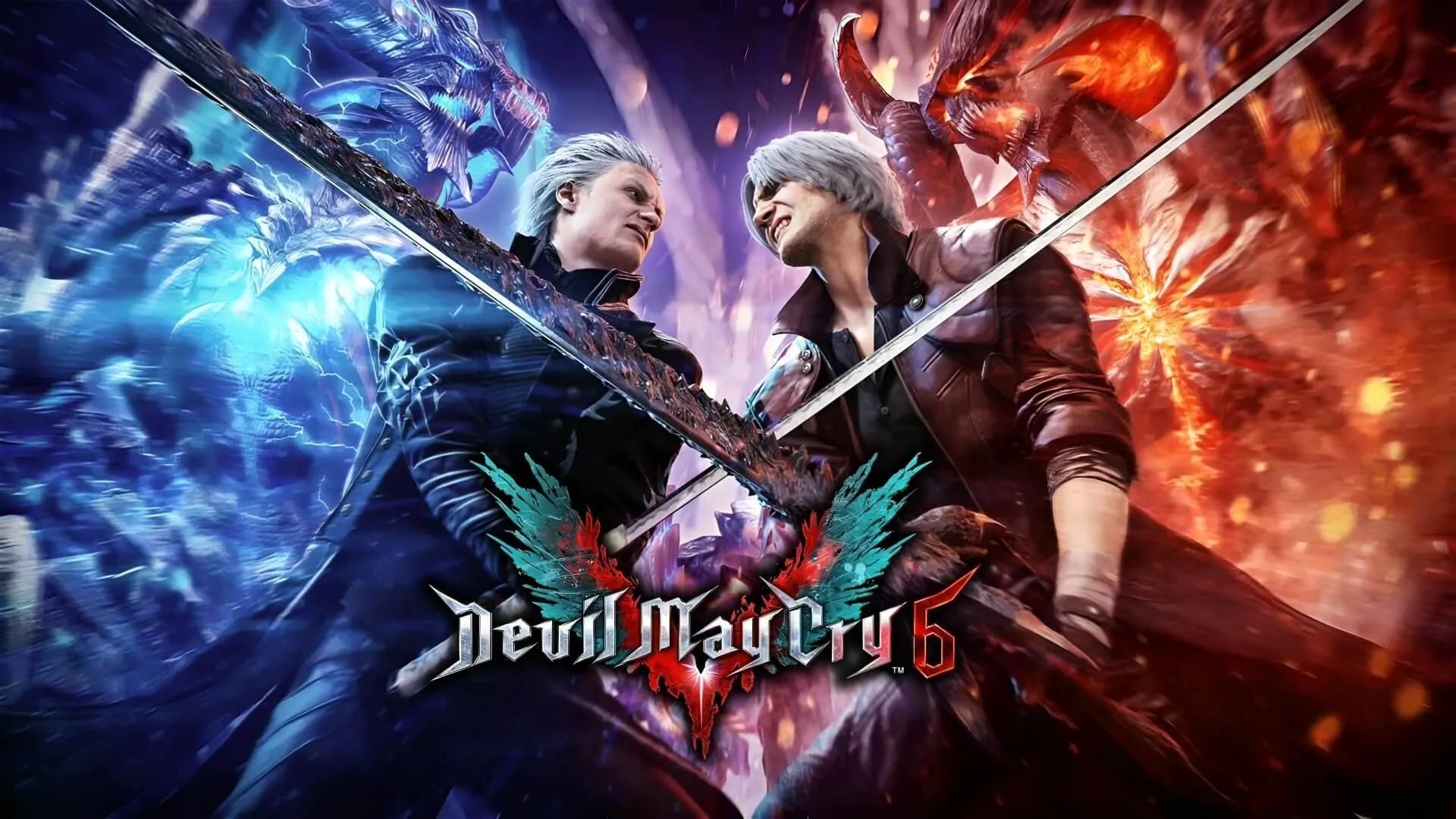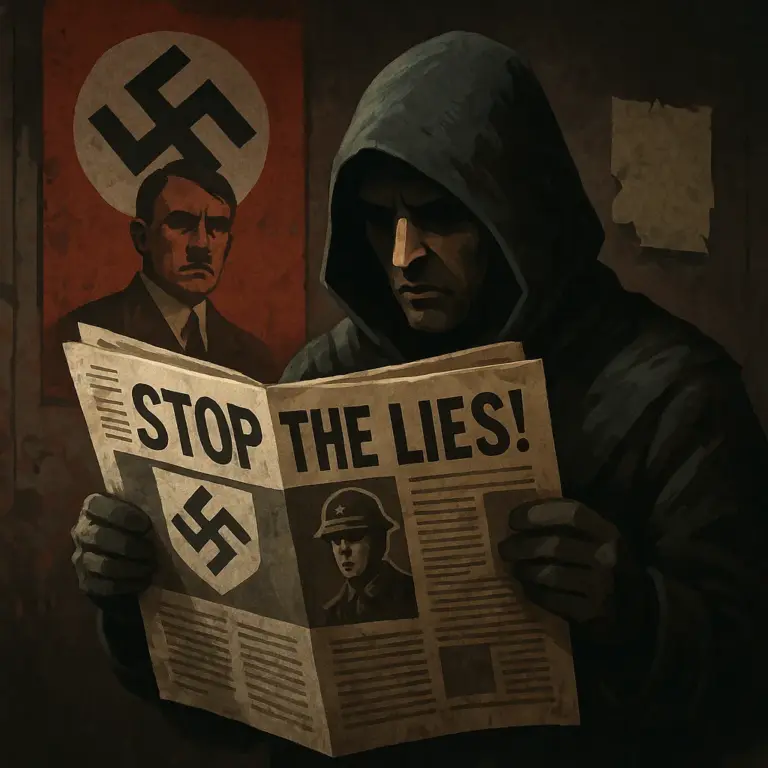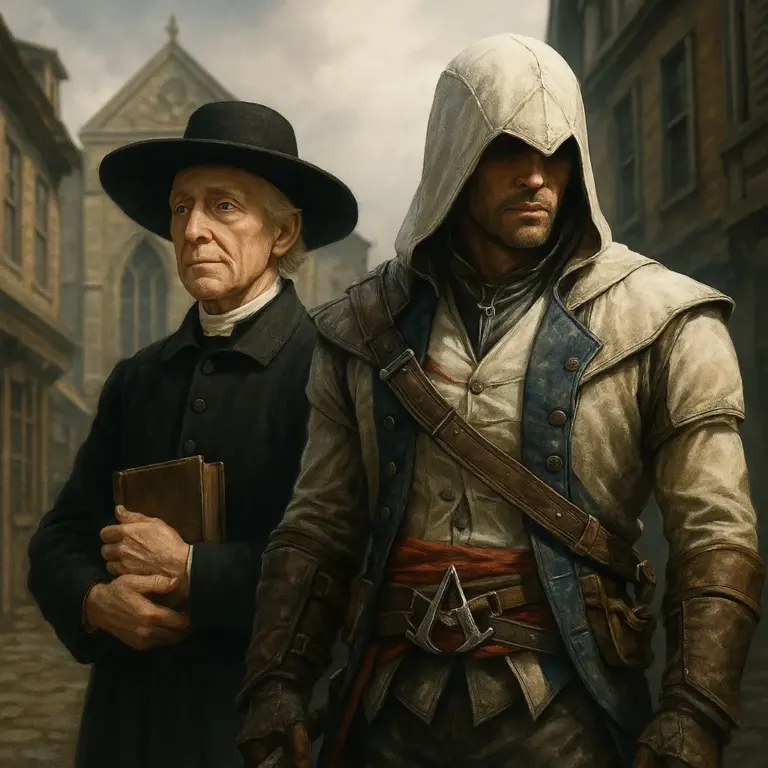Crossing the Line Between Fan and Faux Pas
Social media was supposed to bring fans closer to creators. But let’s be honest—it’s also turned into a minefield for developers. Hideki Kamiya, the man behind Devil May Cry, has built a reputation for drawing firm boundaries online. And over the weekend, he made them even clearer.
A fan decided to ask the legendary game director one of the weirdest questions imaginable: “How big is Dante’s penis?” Yes, really. While you might think this sort of thing would be met with stunned silence, Kamiya wasn’t shy about clapping back.
His response?
“Is it already summer vacation for elementary schools overseas?”
Translation: stop asking ridiculous questions.
The Kamiya Approach to Online Interactions
This moment wasn’t out of character for Kamiya. If anything, it was expected. He’s well-known for blocking users who cross the line, even joking about it frequently. And while fans may love him for his blunt attitude, he’s not one to entertain juvenile curiosity—even if it comes wrapped in Devil May Cry lore.
Think of Kamiya like an old-school teacher who loves his craft but won’t tolerate nonsense. Social media may invite everyone to the table, but he’ll show you the door if you misbehave.
This Isn’t Just About Dante

Oddly enough, that wasn’t the only boundary pushed over the weekend. Another fan asked Kamiya about Devil May Cry 6. Again, he didn’t hold back. His answer? Ask Capcom.
Fair point—Kamiya hasn’t been with Capcom since 2006, and he doesn’t have a say in future projects tied to the Devil May Cry IP. While some fans assumed he’d still be involved, his reply was a not-so-gentle reminder that he moved on a long time ago.
Setting Boundaries in Gaming Communities
Let’s break this down. Creatives like Kamiya are under constant pressure, not just to produce content but to interact with their audiences. And while that can lead to awesome moments, it can also turn toxic fast.
Here’s a quick breakdown of the growing trend of fan interactions with game developers:
| Developer | Fan Behavior | Response Style | Still on Project? |
|---|---|---|---|
| Hideki Kamiya | Inappropriate personal questions | Blunt and public shutdowns | No (Left Capcom in 2006) |
| Neil Druckmann | Story complaints and spoilers | Engaged, sometimes firm | Yes (The Last of Us) |
| Cory Barlog | Lore debates and hype demands | Friendly and humorous | Yes (God of War) |
| Todd Howard | Feature requests and criticism | Rarely engages directly | Yes (Bethesda) |
What Can We Learn from This?
Maybe it’s time fans think twice before hitting “send.” There’s nothing wrong with being curious, but there’s a big difference between engaging with creators and cornering them with personal or absurd questions.
Kamiya’s quick-witted replies may be funny, but they also reflect a deeper truth—developers don’t owe us anything beyond the games they create. If they choose to engage with fans, that’s a bonus—not an obligation.
So, the next time you get the urge to tweet something wild at your favorite developer, ask yourself: Would I say this in person? If the answer is no… maybe it’s best left unsent.




